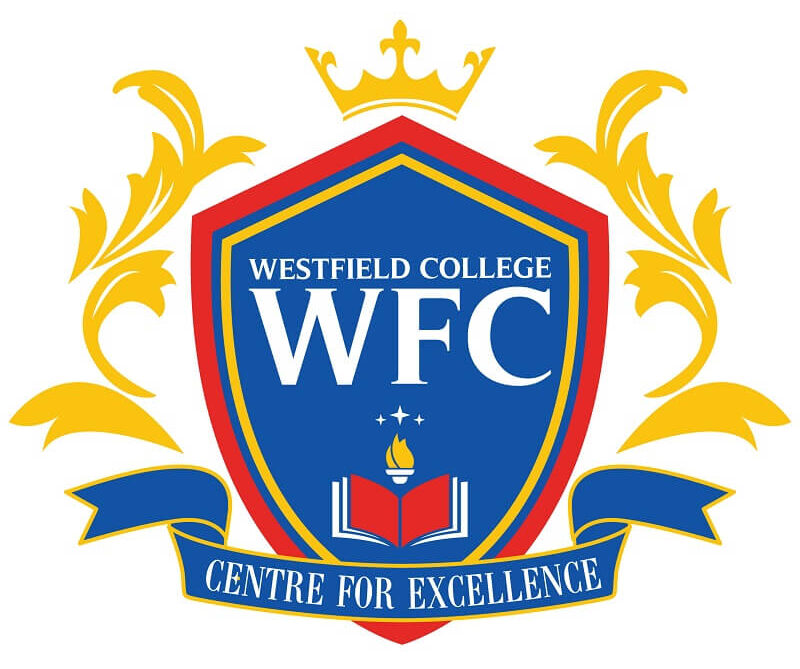Communication in Health and Social Care. Great Course. Very Easy to Understand
BA (Hons) Early Years Education (Top Up)

Overview:
The BA (Hons) Early Years (Top Up) course explores best practice in early childhood education from around the globe, with a focus on developing critical thinking skills, theoretical knowledge and gaining real-world experience in local education settings.
Alongside studying early social, emotional and cognitive development in children aged 0-7, students are supported throughout their academic studies with a bespoke academic English module, delivered by our specialist team at the Centre for International English.
Taught by experienced lecturers who have been recognised and published in the field of education and Early Years, students gain knowledge, insight and a fundamental understanding of learning in the Early Years. Academic research is a core element of the degree, with students being supported in this area as they increase their knowledge of critical enquiry and the importance of ethical approaches to discovery.
The skills learnt through this Early Years degree can lead to a range of interesting careers in education and many other areas of early years provision, with previous graduates of Early Years courses following career paths in teaching, nurseries, children’s charities and integrated children’s centres, and even project officer roles within local communities.
The course is for students who have already achieved 240 credits. The study is aimed at a multi-national student cohort that welcomes students from outside of the UK alongside those within it, who are interested in studying and learning best practice in global childhood education.
Online application form
Information requested on this form should be completed in as much detail in order to process your application successfully. All fields marked * must be completed.
Apply Now
Entry Requirements
Students must be able to show recognised prior learning up to level 5 to be offered a place on the course.
Additional Requirements:
An Enhanced Disclosure and Barring Service (DBS) check on the Child Workforce and Child Barring List and subscription to the DBS Update Service. (Overseas equivalent required for non-uk applicants)
WHAT YOU WILL STUDY
This Early Years Education (Top Up) course is the perfect option for those who have a keen interest in current pedagogical research into Early Years education and are interested in working with young children.
Applications by students who have studied to a HND or Level 5 outside of the UK are welcomed. Equally, this course would also be a good choice if you are a UK student interested in studying global childhood education and would like to work alongside a multi-national student cohort.
The modules you will study throughout the duration of the course are as follows:
- Researching the Early Years – 40 credits
Students will develop an understanding of research, what it is and why it should be conducted. Students will explore and analyse the importance of ethics in any and all research. They will critically examine different methodologies used in different types of research and explore and understand research design including how to present findings. Students will write a dissertation thesis in this module and will be guided with how to do this.
- Academic English – 20 credits
This bespoke module will be delivered by the Centre of International English based at USW and will run for the full year. Students will be taught key aspects of academic vocabulary used throughout the degree, with specific focus on subject specific terminology and theory. As well as support for written work, there will be a focus on the development of spoken academic language and delivery of presentations. The module is delivered by experienced professionals who have extensive experience of working with students for whom English is an additional language.
- Literacy and Numeracy Development in the Early Years – 20 credits
In this module students will explore how children acquire language and number skills from birth to 7. It will explore current research in the field of neuroscience and use this, established theory and critical research to develop understanding of best practice in learning and teaching. - Global Childhoods – 20 credits
This module focuses on best practice in early childhood education from around the globe. It considers international views on education, the challenges faced in a number of different countries and the different approaches taken to early years education. Different experiences of childhood around the world will be examined.
- Perspectives on Effective Learning – 20 credits
This module helps students to develop critical understanding of definitions of effective learning and learning behaviour. Students will develop a theoretical understanding of the pedagogy that supports effective learning, while at the same time exploring and examining potential social, emotional and economic barriers to learning. Understanding will be supported through the evaluation of theoretical models on behaviour.
Teaching
The Researching the Early Years and Academic English modules are delivered weekly, throughout the year. The remaining modules, which are Literacy and Numeracy Development in the Early Years, Global Childhoods and Perspectives on Effective Learning, are all delivered in 8-week blocks.
Alongside taught provision and online support, students are expected to engage with 200 hours of independent research for the Research in the Early Years module. For the remaining modules, as well as taught provision, students are expected to engage in 100 hours of independent study and 60 hours of directed study.
In total, students will receive at least 8 hours of contact time via lectures, seminars, tutorials and professional academic coaching (PAC) sessions per week. As well as face-to-face on campus support, there will be further online activities, working groups and progression checks.
Where appropriate, guest lecturers and specialists will be invited to share their experiences in education. Visits to local education providers will also be undertaken, including observations in local Early Years settings.
During the average week, students will be given opportunities to develop their ability to work independently and collaboratively, through which they will build valuable graduate skills like problem solving, critical thinking, creativity and effective communication.
Assessment
The course uses different methods of assessment which are mostly coursework based. These include:
- Essays
- Presentations
- Report writing
- Dissertation
There is also one singular online assessment which relates to a specific module, and this accounts for 50% of the module mark.
COURSE DETAILS
Placements
In the second semester, students will be given the opportunity to undertake a placement in a local educational setting. This will be for two weeks. This will be arranged by the placement officer and will be within easy travelling distance of the student’s accommodation.
The course team have extensive partnerships with local schools and settings who are able to offer valuable experiences for students.
Facilities
The Early Years degree has a dedicated teaching room with focused resources to support teaching children from 0-7 years old. Students can also benefit from use of our hydra suite, which supports virtual reality learning.
As well as a designated Year tutor, there will also be professional academic coaching provided. On Friday mornings, there will be a 2 hour ‘virtual drop in’ session for students who would like to speak to a lecturer.

Additional Requirements
We also welcome international applications with equivalent qualifications. Please visit the country specific pages on our international website for exact details.
English Requirements
In general, international applicants will need to have achieved an overall IELTS grade of 6.0 with a minimum score of 5.5 in each component.
However, if you have previously studied through the medium of English IELTS might not be required, but please visit the country specific page on our international website for exact details. If your country is not featured please contact us.
CAREERS
An Early Years Education degree can lead to a range of interesting careers in education, but in other aspects of early years provision too.
Graduates of Early Years courses at USW have taken career paths in teaching, nurseries, children’s charities and integrated children’s centres, amongst many other areas.
The knowledge provided also enables students to take on project officer roles within local communities.
Our Careers and Employability Service
As a USW early years student, you will have access to advice from the Careers and Employability Service throughout your studies and after you graduate.
This includes: one-to-one appointments from faculty based Career Advisers, in person, over the phone or even on Skype and through email via the “Ask a Question” service. We also have extensive online resources for help with considering your career options and presenting yourself well to employers. Resources include psychometric tests, career assessments, a CV builder, interview simulator and application help. Our employer database has over 2,000 registered employers targeting USW students, you can receive weekly email alerts for jobs.
Our Careers service has dedicated teams: A central work experience team to help you find relevant placements; an employability development team which includes an employability programme called Grad Edge; and an Enterprise team focused on new business ideas and entrepreneurship.
Fees
Full time
- 12 to 18 months
£7,250
You’ll study 9 modules in total (approx. 37 hrs/week).
Part time option one
- 12 to 18 months
£4,250
You’ll study 6 modules per year (approx. 25 hrs/week).
Part time option two
- 12 to 18 months
£5,500
Have a question about our professional qualifications?

Contact us about our professional qualifications
If you have any questions about our professional qualifications in finance and banking, please contact our customer services team.
Call us
- +44 (0) 203 771 5653
- admissions@westfieldcollege.co.uk
What Our Students Have To Say
Hi, I recently started Access to Higher Education Diploma (Nursing and Midwifery) course with Westfield College.
--Komal Kiran Galaria
DesignerMy experience with Westfield College is great. The supervisor and the admin team are proactive and efficient.

